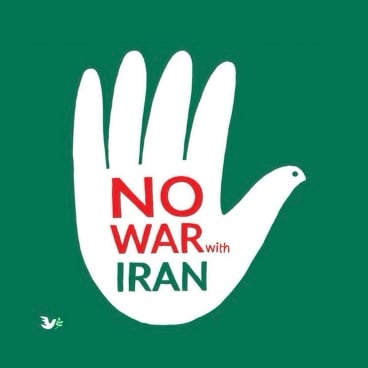0 reply
0 recast
0 reaction

[WSJ] A Defiant Iran Draws on the Lessons of an Earlier War
▶️
The Iran-Iraq war began a year after the 1979 Islamic Revolution, when Saddam sent his troops into Iran seeking to exploit its political disorder and seize territory, including oil-rich areas. Over the ensuing nearly eight-year conflict, Iranians and Iraqis fought one of the deadliest global conflicts of the 20th century, with hundreds of thousands killed on both sides. Saddam used chemical weapons against Iran, and his troops targeted Iran’s oil infrastructure but never seized any major oil fields.
Iranian Supreme Leader Ayatollah Ali Khamenei was the country’s president for the duration of the war. In 1982, Iran’s darkest moment came after it launched a failed operation to seize the southern Iraqi city of Basra. It resulted in tens of thousands of Iranian casualties and exposed the country’s military weakness.
The war prompted Iran to reimagine its defensive strategy in ways that steered it toward a fight with Israel.
When Iraq invaded, Iran’s rulers tried to compete in the air by freeing jailed U.S.-trained fighter pilots who had fought for the ousted Shah. But they soon ran out of spare parts for their U.S.-made F-14 jet fighters. America, now their enemy, refused to resupply them, and some jets were grounded, gifting Iraq a military advantage.
After the war—which Iran claimed as a victory but ended largely inconclusively—Tehran vowed never again to rely on foreign powers to supply weapons for its defense systems.
⏹️
https://www.wsj.com/world/middle-east/iran-iraq-war-lessons-israel-244acefe?st=ZCbem3&reflink=desktopwebshare_permalink 0 reply
0 recast
1 reaction
0 reply
0 recast
0 reaction